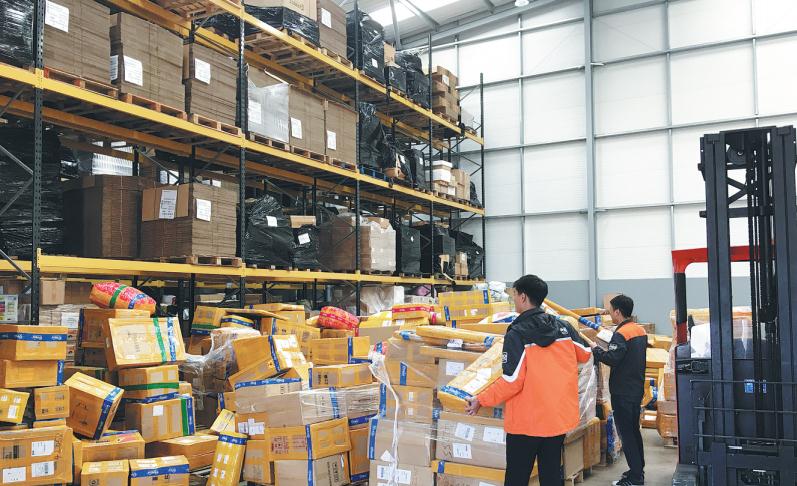State Council will boost support for cross-border deals


China will expand and improve existing policies on retail imports and exports via cross-border e-commerce to widen opening-up and unlock the potential of consumption, the State Council's executive meeting chaired by Premier Li Keqiang decided on Wednesday.
"Boosting cross-border e-commerce will help foster high-level opening-up and sustainable growth of foreign trade, drive consumption and create jobs," Li said. "We need to take a holistic approach, exercising prudent yet accommodative regulation to fully unleash the growth potential of cross-border e-commerce."
Participants in the meeting on Wednesday decided that the current policies on cross-border e-commerce retail imports will be continued in January.
No requirements of licensing, registration or record-filing for first-time imports will apply to the retail imports through cross-border e-commerce platforms. Instead, these goods will receive more relaxed regulation as imports for personal use, the meeting decided.
Also, implementation of this policy will be extended from 15 cities, including Hangzhou, to another 22 cities, including Beijing, that have just established comprehensive cross-border e-commerce pilot zones, according to the meeting.
Cross-border e-commerce businesses have enjoyed zero tariffs for goods on the retail imports list within a set quota and had their import value-added tax and consumer tax collected at 70 percent of the statutory taxable amount. Such preferential policies will be extended to another 63 tax categories of high-demand goods.
The limit on goods eligible for these preferential policies will be raised from 2,000 yuan ($288) to 5,000 yuan per transaction and from 20,000 yuan to 26,000 yuan per head per year. This quota will be further adjusted as needed in light of increases in people's income.
At the same time, export tax rebate policies will be further improved in line with international practices to further boost exports via cross-border e-commerce.
"For a big importing and exporting nation like China, it is imperative to further open up, pursue greater diversity in the import and export mix, and vigorously attract foreign investment to promote balanced international payments and steady economic development," Li said.
Cross-border e-commerce businesses, online platforms and payment and logistics service providers must entirely fulfill their duties as required by law, meeting participants said.
Product quality and safety inspection and risk prevention and control should be strengthened for fair competition in the marketplace and better protection of consumer rights and interests.
Between January and October 2018, retail imports through cross-border e-commerce reached 67.2 billion yuan, up 53.7 percent year-on-year, according to the General Administration of Customs.




































